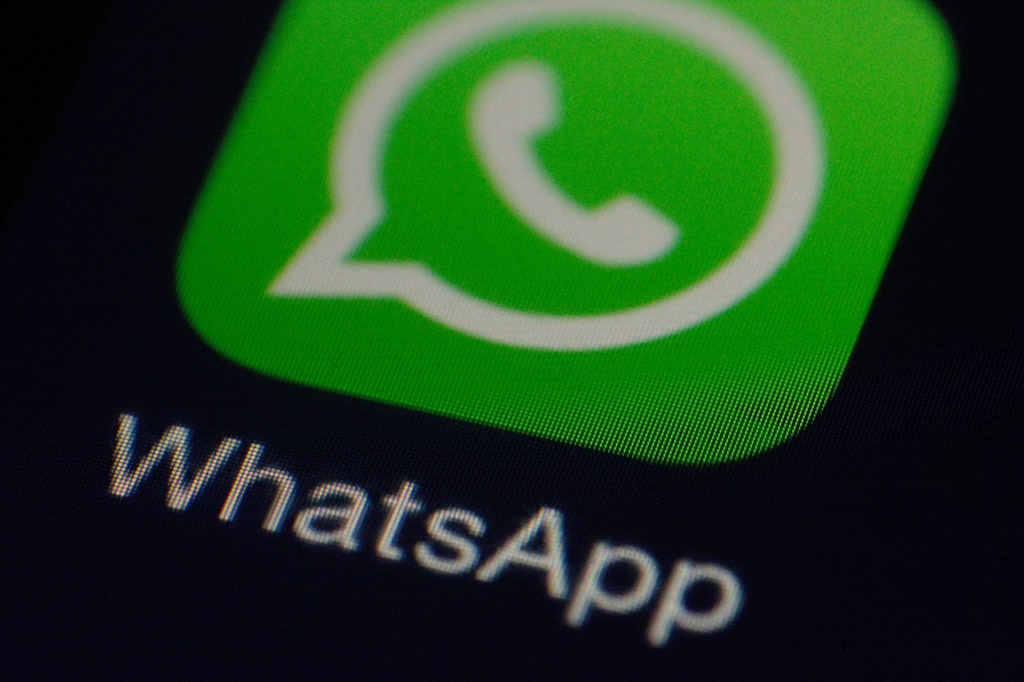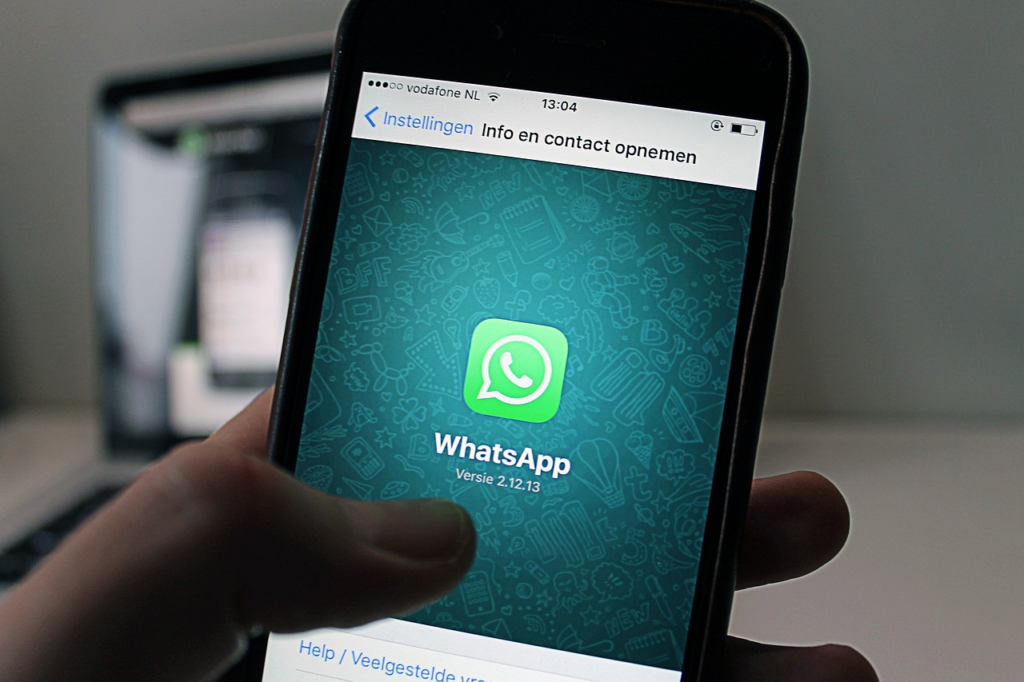WhatsApp has become an essential part of modern communication. With over 2 billion users worldwide, it is one of the most popular messaging platforms available today. However, many users face the frustrating problem of having their accounts blocked temporarily or even permanently.
What does it mean when your WhatsApp is blocked?
When your WhatsApp account is blocked, this means that you temporarily lose access to various features of the platform, such as sending messages, voice and video calls, status updates and other features associated with your account. This blocking can occur for different reasons and can have different levels of severity, from temporary blocks to permanent account suspensions.
1. Temporary lock
A temporary block is a punitive measure applied by WhatsApp in response to violations of the Terms of Service or its usage policies. This type of block usually lasts for a set period of time, after which your account is automatically restored and you can access all the platform's features again.
During the temporary blocking period, you may be unable to send messages, make calls or carry out other activities related to your WhatsApp account. However, you can still receive calls and messages from other users.
Violations that can lead to a temporary block include sending mass messages, using unofficial applications that violate WhatsApp's security policies, sharing inappropriate content, spam, harassment, among others.
2. Permanent Suspension
In more serious cases, WhatsApp can choose to permanently suspend an account. This usually occurs when a user commits serious and repeated violations of the Terms of Service, or when the platform determines that the account poses a threat to the security or integrity of the WhatsApp user community.

When an account is permanently suspended, the user loses irreversible access to their account, as well as all conversations, contacts and data associated with it. In addition, the phone number linked to the suspended account may be banned from using WhatsApp again in the future.
3. Resource constraints
In addition to temporary blocks and permanent suspensions, WhatsApp can also impose feature restrictions on an account. This means that access to certain features of the platform can be limited without necessarily resulting in a complete account suspension. For example, an account can be banned from sending bulk messages, but can still make calls and send individual messages.
Consequences of the Blockade
Regardless of the type of block applied, the consequences for the user can be significant. In addition to interrupting communication with contacts and groups, blocking WhatsApp can have social and professional impacts.
Many people rely on WhatsApp as a crucial communication tool for keeping in touch with friends, family and work colleagues. Therefore, losing access to this platform can cause inconvenience and even social isolation for the user.
Common Reasons for WhatsApp Blocking
There are several reasons why WhatsApp may choose to block your account. Here are some of the most common reasons:
1. Violation of the Terms of Service
Violating WhatsApp's Terms of Service is one of the main reasons why users' accounts can be blocked temporarily or even permanently. The Terms of Service are a set of rules and guidelines established by WhatsApp to regulate the use of the platform and ensure a safe and positive experience for all users. When a user breaches these terms, it can lead to disciplinary action by WhatsApp.
Violations of the WhatsApp Terms of Service can take many forms, including, but not limited to:
1. Spam
Sending repeated, unsolicited messages, whether to individual contacts or groups, is considered spam by WhatsApp. This includes sending promotional, advertising or commercial messages without the prior consent of the recipients. WhatsApp takes spam very seriously and can block accounts that engage in this practice.
2. Harassment and Hate Speech
Harassment, bullying and hate speech are strictly prohibited by WhatsApp's Terms of Service. This includes messages containing threats, intimidation, defamation, racism, sexism, homophobia or any form of speech aimed at harming or causing discomfort to other users. WhatsApp has a zero tolerance policy towards these practices and can block accounts that engage in them.
3. Unauthorized Commercial Use
WhatsApp's Terms of Service prohibit the use of the platform for unauthorized commercial purposes. This includes using personal accounts for commercial activities, such as promoting products or services, without the express permission of WhatsApp. In addition, the use of automated tools to send mass messages or generate spam for commercial purposes is also considered a violation of the Terms of Service.
4. Inappropriate Content Sharing
WhatsApp has strict guidelines against sharing inappropriate content, such as pornography, graphic violence, explicit images or any material that violates acceptable standards of decency. Sharing this type of content can result in immediate account blocking and even legal action, depending on the severity of the violation.
2. Use of Unofficial Applications
The use of unofficial applications is another significant violation of WhatsApp's Terms of Service that can result in the user's account being blocked. Unofficial apps refer to any software developed by third parties that interacts with the WhatsApp platform in a way not authorized by WhatsApp itself. This includes apps that promise additional features or functionality that are not available in the official version of WhatsApp.
There are several reasons why using unofficial applications is problematic and can lead to the user's account being blocked:
1. Violate the Terms of Service
WhatsApp's Terms of Service are very clear about the use of unofficial applications. Any application that modifies, accesses or interferes with the WhatsApp platform in an unauthorized way is considered a violation of the Terms of Service. This includes apps that promise features such as reading messages without the sender knowing, sending automated messages in bulk or any other functionality that is not supported by the official version of WhatsApp.
2. They compromise safety
Unofficial apps can pose a significant risk to users' security and privacy. As these apps are not developed or maintained by WhatsApp, there is no guarantee that they adhere to the same rigorous security and data protection standards. This means that users who choose to use unofficial apps could be putting their personal information and conversations at risk of being compromised.
3. Can Be Used for Malicious Purposes
Some unofficial applications are developed with the aim of spreading malware, collecting users' personal information or carrying out other malicious activities. By installing these apps on their devices, users run the risk of compromising the security not only of their WhatsApp accounts, but also of their devices and personal data.
3. Sending mass messages
Bulk messaging is a common practice that can be considered a violation of WhatsApp's Terms of Service and can result in the user's account being temporarily or permanently blocked. WhatsApp defines mass messaging as the repetitive and unsolicited sending of messages to multiple recipients, often without the prior consent of those recipients.
There are several reasons why users may choose to send bulk messages, including:
1. Marketing campaigns
Companies and individuals wishing to promote products or services can resort to sending mass messages as a way of reaching a large number of potential customers at once. Although this strategy may seem effective, sending mass messages without the recipients' consent is considered spam by WhatsApp and can result in negative consequences for the user's account.
2. Publicizing Events or Announcements
Event organizers or community groups can use mass messaging to publicize important events, activities or announcements to a large number of people at once. While the aim may be legitimate, it is important to obtain the recipients' consent before sending mass messages to avoid violating WhatsApp's Terms of Service.
3. Sharing Viral Content
Individual users can choose to send mass messages to share viral content, such as funny videos, memes or interesting news, with their contacts. Although this practice may be well-intentioned, repeatedly sending messages to a large number of recipients may be considered spam by WhatsApp and could result in consequences for the user's account.
4. Many complaints received
Receiving too many reports is another reason why a WhatsApp account can be blocked. When several users report an account for inappropriate behavior, such as spam, harassment, sharing inappropriate content or any other violation of the Terms of Service, WhatsApp can investigate the account in question and take appropriate action, which may include temporarily or permanently blocking the account.
WhatsApp takes reports made by its users seriously and uses this information to identify and investigate accounts that violate its Terms of Service. Receiving too many reports about a particular account may indicate that there are serious behavioral issues or policy violations associated with that account. Some reasons why receiving too many reports can be problematic include:
1. Violate the Terms of Service
If an account receives a lot of reports, it is likely that it is violating WhatsApp's Terms of Service in some way. This could include spam, harassment, sharing inappropriate content, unauthorized commercial use or any other activity that violates the platform's policies.
2. Affect the User Experience
Frequent reports about an account can negatively affect the experience of other WhatsApp users. If an account is involved in spam, harassment or sharing inappropriate content, this can cause discomfort, frustration or even fear in the recipients of the messages.
3. Compromise the Integrity of the Platform
WhatsApp strives to provide a safe and positive platform for its users, and accounts that receive too many reports can compromise this integrity. If WhatsApp allows accounts that violate its Terms of Service to continue operating without consequences, it could undermine users' trust in the platform and damage its reputation.
5. Use of Inappropriate Content
WhatsApp has strict guidelines against sharing inappropriate content, such as pornography, graphic violence or hate speech. If you violate these guidelines, your account may be blocked.

What to do if your account is blocked?
If you discover that your account has been blocked, there are a few steps you can take to try to resolve the problem:
1. Check If You've Violated the Terms of Service
First of all, it's important to check whether you've violated WhatsApp's terms of service in any way. If so, it's important to acknowledge the mistake and make sure you don't repeat it in the future.
2. Contact WhatsApp Support
If you believe that your account has been blocked unfairly, you can contact WhatsApp support to try to resolve the problem. They usually have an appeals process you can follow to contest the blocking of your account.
3. Wait for the Lockout Period to End
If the block is temporary, it's usually just a matter of waiting for the blocking period to end. During this time, avoid any activity that could violate WhatsApp's terms of service.
4. Protect Your Account
To prevent your account from being blocked again in the future, make sure you follow WhatsApp's guidelines and avoid activities that could violate the terms of service. This includes avoiding the use of unofficial apps, not sending bulk messages and not sharing inappropriate content.
A frustrating experience that can happen
WhatsApp blocking can be a frustrating experience, but it's important to understand why it can happen and what you can do to prevent it from happening. By following WhatsApp's guidelines and being conscious of how you're using the platform, you can help protect your account and enjoy a safe, trouble-free messaging experience.
See also: What is the best calorie counting app?
March 31, 2024

She has a degree in Literature - Portuguese/English, and is the creator of the Escritora de Sucesso website. As a writer, she seeks to expand everyone's knowledge with relevant information on various subjects. At Trend-Topics, she brings news and content ranging from entertainment to the country's economic situation.






